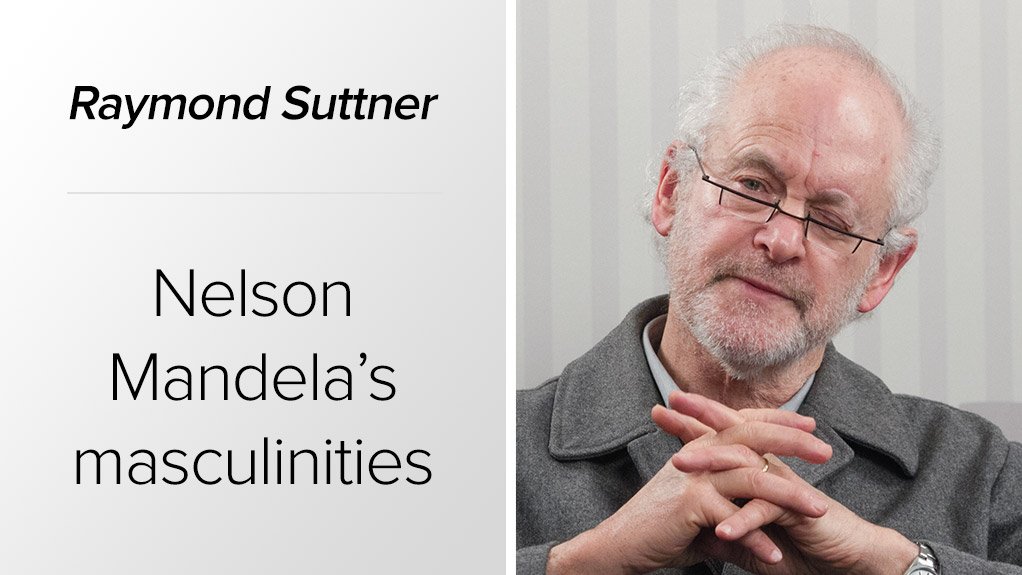- Nelson Mandela's masculinities0.69 MB
What constitutes a man is very relevant to post-apartheid South Africa, which experiences widespread violence, committed mainly by men. Across all sections of the population models of manhood are mainly of the rough, tough variety and resort to force is often a preferred method of resolving differences. The intricate strands of Nelson Mandela’s evolving masculinity introduce a complexity that may contribute towards boys and men exploring ways of ‘being men’ which are not only strong but also gentle.
With Mandela one is not dealing with a person whose identity as a man can be reduced to one quality that endured over time, whether in his early life or later, because of changes initiated by shifting conditions and influences, or more directly through his own agency. For much of Mandela’s life he is self-conscious of what manhood entails and constantly probes whether he measures up to what he sees as its qualities, though over time he enriches his understanding of what it means.
Mandela depicts his life as embracing a series of journeys, with both changes of physical environment and also in his own self-understanding. Nevertheless, there is in the unfolding of his life continuity within ruptures, and ruptures within continuities. What he becomes never entirely erases what he has been, although the meaning that is given to early masculine qualities is modified in the mature Mandela.
While it would be an overstatement to describe Mandela as having become a feminist, much of his life transcends the patriarchal understanding of his early life. Indeed, unlike very many male leaders, he generally does not conform to the idea that his occupying the public space implies that his wife should be confined to the home.
Presented by Raymond Suttner, Part-time Visiting Professor, Rhodes University; Emeritus Professor, University of South Africa, at the WISER Interdisciplinary Seminar in the Humanities
EMAIL THIS ARTICLE SAVE THIS ARTICLE
To subscribe email subscriptions@creamermedia.co.za or click here
To advertise email advertising@creamermedia.co.za or click here











